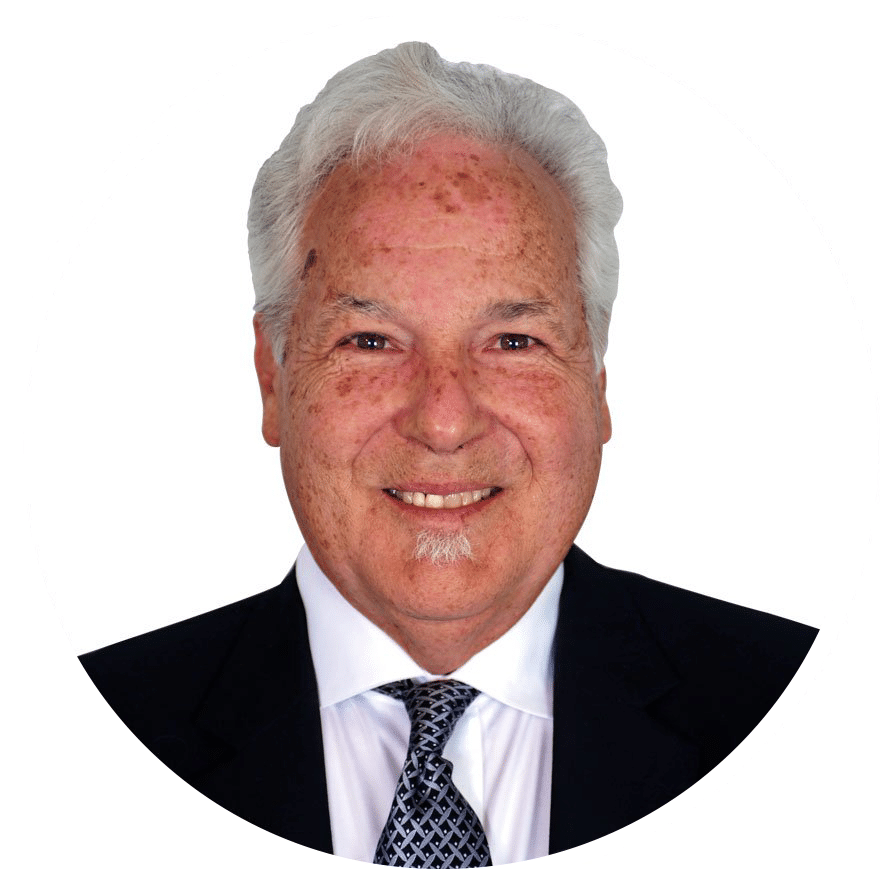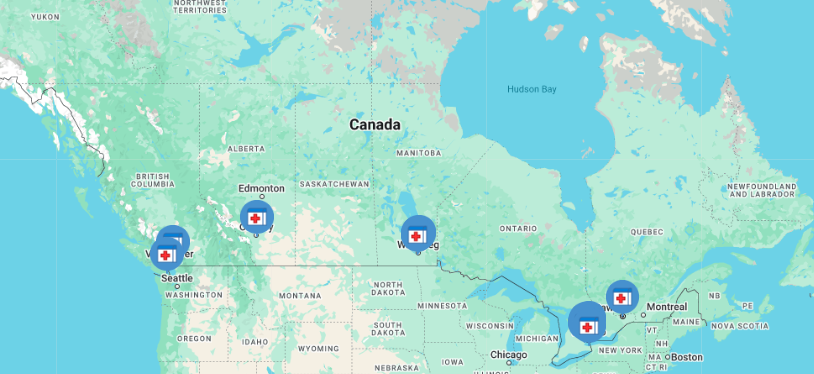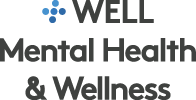GUIDED SUBSTANCE USE AND RECOVERY PATHWAY
This 6-week one-on-one program is designed to support individuals in early recovery or those questioning their relationship with substances. Whether you’re seeking sobriety, harm reduction, or clarity around your patterns, this program offers non-judgmental guidance to help you reclaim control, rebuild trust with yourself, and navigate the emotional side of change. Through personalized therapy and evidence-based tools, you’ll gain insight, strengthen resilience, and take empowering steps forward.
You can also access a self-assessment and a curated library of mental health resources.
GAIN CLARITY
BUILD SOBRIETY SKILLS
FIND EMOTIONAL SUPPORT
RECLAIM YOUR POWER
About the Program
Feel more grounded, understand the role substances have played in your life, reduce shame and internal conflict, and create a sustainable plan for change—on your terms.
DETAILS:

UNDERSTAND YOUR RELATIONSHIP TO SUBSTANCES
Start by exploring how and why substances have been used to cope. Your therapist will help you examine patterns without judgment, identifying triggers, emotional drivers, and underlying stressors. This phase is about building self-awareness, not self-blame.

BUILD COPING SKILLS & ALTERNATIVES
You’ll learn how to manage urges, tolerate distress, and regulate your nervous system without relying on substances. Techniques may include grounding strategies, emotional regulation, boundary work, and harm reduction planning. You’ll also work on rebuilding trust with yourself and others through honest, manageable goals.

CREATE A PATH TOWARD RECOVERY
In the final phase, your therapist will help you develop a personalized, values-based recovery plan—one that prioritizes your mental health, autonomy, and long-term healing. Whether your goal is sobriety or moderation, you’ll leave with tools and insights to support lasting change, emotional resilience, and a deeper connection to your life.

UNDERSTAND YOUR RELATIONSHIP TO SUBSTANCES
Start by exploring how and why substances have been used to cope. Your therapist will help you examine patterns without judgment, identifying triggers, emotional drivers, and underlying stressors. This phase is about building self-awareness, not self-blame.

BUILD COPING SKILLS & ALTERNATIVES
You’ll learn how to manage urges, tolerate distress, and regulate your nervous system without relying on substances. Techniques may include grounding strategies, emotional regulation, boundary work, and harm reduction planning. You’ll also work on rebuilding trust with yourself and others through honest, manageable goals.

CREATE A PATH TOWARD RECOVERY
In the final phase, your therapist will help you develop a personalized, values-based recovery plan—one that prioritizes your mental health, autonomy, and long-term healing. Whether your goal is sobriety or moderation, you’ll leave with tools and insights to support lasting change, emotional resilience, and a deeper connection to your life.
Meet Your Therapist
Substance use and recovery are complex conditions that involve both mental and physical components, presenting challenges even after recovery is achieved. Mentally, addiction is characterized by compulsive behaviours and a preoccupation with obtaining and using substances, often leading to distress and impaired decision-making. Physically, addiction triggers various responses in the body, affecting multiple systems and often resulting in withdrawal symptoms when the substance is not used. Persistent substance use can severely disrupt daily life, including relationships, work, and overall well-being—hallmarks of an addictive disorder. Nearly one-third of adults will struggle with substance use issues at some point in their lives. I help my clients manage substance use and recovery through therapy and lifestyle changes and by identifying underlying issues such as trauma and stress and developing relapse prevention plans that provide healthy relief and support emotional sobriety.
– Graydon

Graydon Clipperton, M.Ed., ICADC, CCTACP
Not sure where to start?
Try a self-assessment.
Our self-assessment is based on Part 1 of the Tobacco, Alcohol, Prescription medications, and other Substance Tool (TAPS), a widely used and accepted screening tool for substance use issues.
Always keep in mind that there are a variety of factors that can influence the reliability of the assessment, that your individual scores may vary over time, and, above all, that it is an assessment rather than a diagnostic tool. As such, this and similar self-guided assessments are not substitutes for professional guidance and should never be considered definitive.
SELF-ACHIEVEMENT & SELF-CARE RESOURCES
The following list of resources is provided solely for educational purposes. WELL Mental Health & Wellness is not affiliated with any third-party content providers or sources.
Commonly Asked Questions
What are the common reasons people suffer from substance use?
Common reasons for substance use include genetic predisposition, emotional distress, trauma, environmental influences, peer pressure, and the desire to escape reality. These factors can lead individuals to misuse substances for relief.
Can I overcome this on my own?
While some individuals manage to overcome addiction independently, seeking professional help significantly increases the chances of success. Support from therapists, support groups, and loved ones can provide essential guidance and accountability.
What other issues are associated with substance use?
Substance use often co-occurs with mental health issues such as depression, anxiety disorders and PTSD. These dual diagnoses can complicate treatment and recovery, necessitating comprehensive care for effective healing.
Canada's largest network of therapists.
Our diverse network of qualified mental health professionals can support you with many mental health concerns. We believe that excellent client-therapist relationships are crucial for effective support, which is why you can choose your own therapist, and change therapists, at any time.

Supporting you, wherever you are.
As a part of the WELL Health Medical Centre team, we offer in-person therapy at select WELL Clinics. The majority of WELL Mental Health and Wellness services are covered by private insurance and corporate benefits plans.
Available at select WELL Clinics in British Columbia, Alberta, Ontario, and Manitoba.



